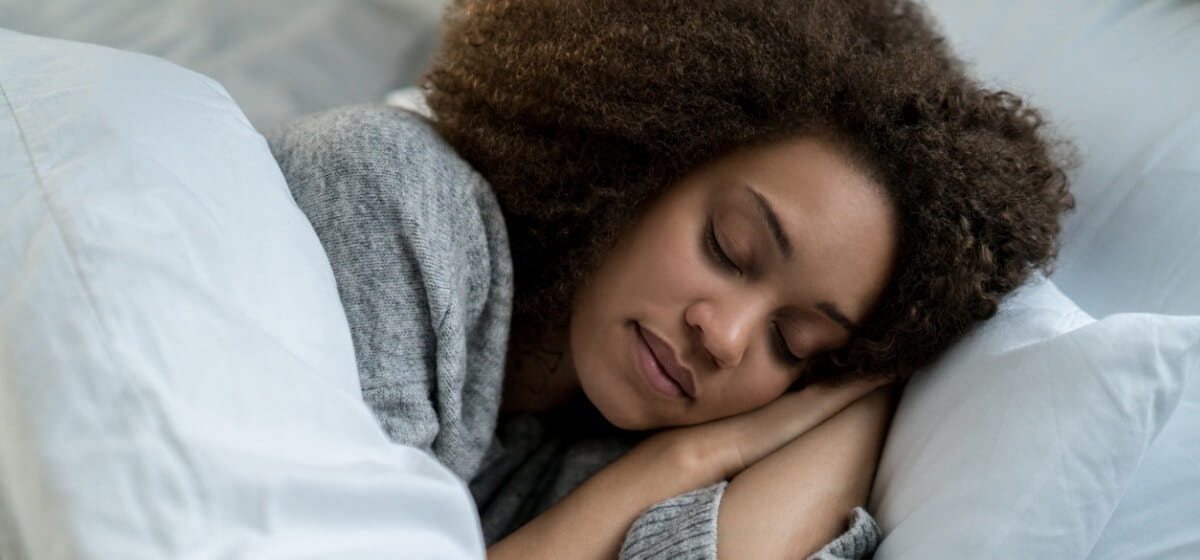Subscribe to the HealthTalks Now Podcast
All About the 4 Most Common Sleep Disorders
Listen Now
Getting adequate sleep (7-9 hours for most people) is critical to your physical health and emotional wellbeing. In the U.S., we tend to focus on meeting that requirement in one continuous sleeping session. However, many cultures take different approaches to sleep. Rather than what is called a monophasic sleep pattern, they follow biphasic or polyphasic schedules that may involve less total sleep but still provide enough rest.
In a biphasic sleep pattern you sleep twice per 24-hour period. Typically that means a longer sleep at night and a shorter sleep during the day, often in the early afternoon. The long nighttime sleep period of 5-6 hours allows your brain to cycle multiple times through the natural sleep stages, from light sleep to deep sleep and then what is called REM sleep.
The afternoon noon sleep tends to last around 30 minutes, though some people choose to sleep for around 90 minutes to complete the normal stages. This afternoon rest is common in many Latin American and tropical countries, and often coincides with the hottest part of the day.
The polyphasic sleep pattern involves three or more sleeps per 24-hour period. There are many versions of this pattern. One of the more common is called the “everyman” pattern. In it, there is a main sleep of approximately three hours (often occurring from approximately 1 a.m. to 4 a.m.) with three 20-minute naps spaced throughout the day. Other polyphasic approaches include the uberman and dymaxion patterns.
A monophasic sleep pattern works well for many people. If you believe a different cycle might be better for your lifestyle, there are a few important considerations to keep in mind as you investigate alternatives:
Sleep is crucial, but there are multiple ways to get what your body needs. With careful experimentation, you may find a pattern that suits you better than one long nighttime snooze.